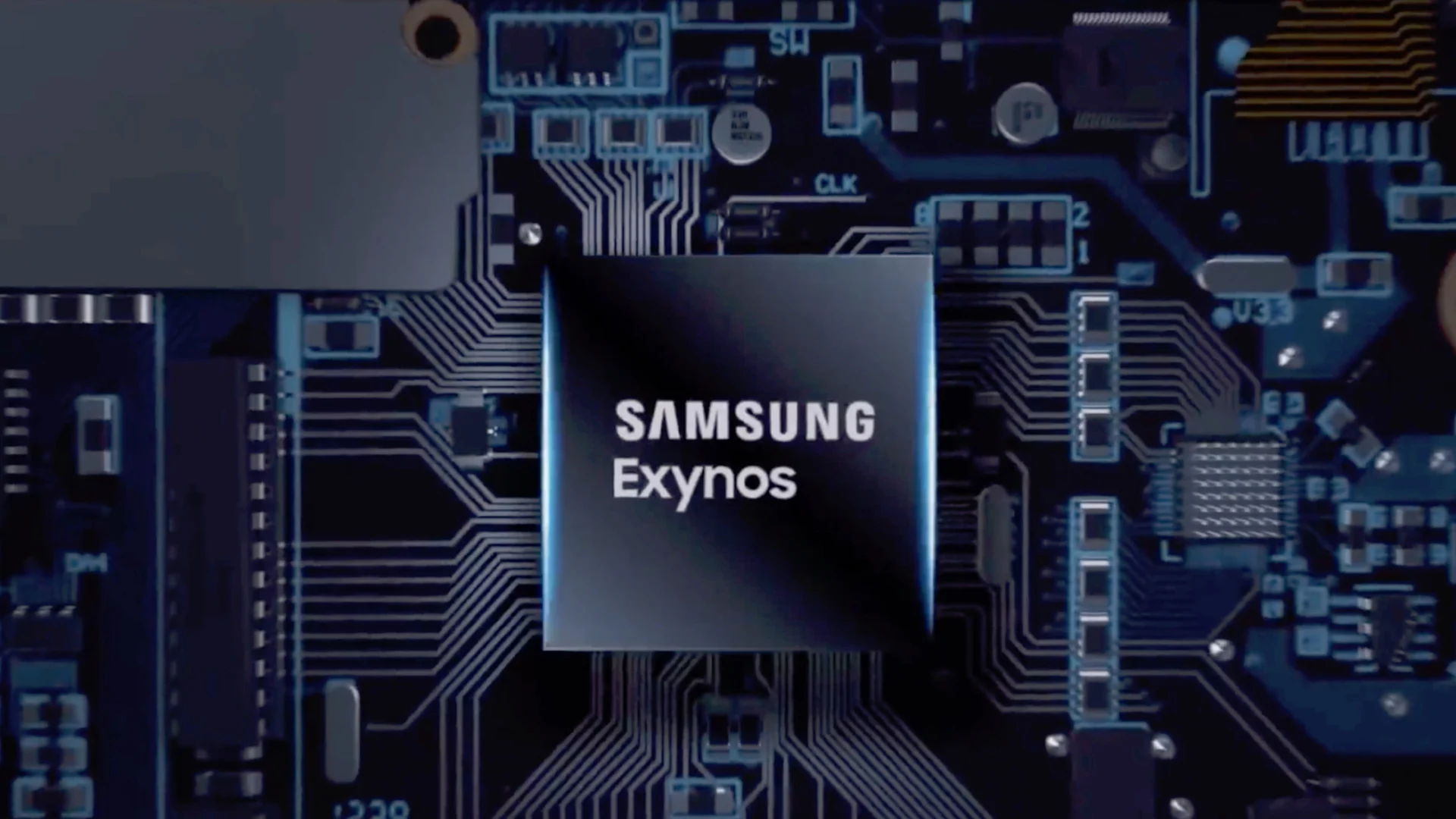Could the name we’ve come to associate with Samsung’s mobile brains be on its way out? Whispers are growing louder that the tech giant’s next-generation 2nm system-on-a-chip (SoC), poised to power future flagship devices, might not carry the familiar Exynos 2600 moniker. This potential shift, fueled by a questionable yet persistent rumor, suggests Samsung could be contemplating a significant rebrand in a determined effort to solidify its position in the fiercely competitive mobile processor market.
For years, Samsung has walked a dual path, equipping its premium smartphones with either its own Exynos chips or Qualcomm’s Snapdragon processors, depending on the region. While Snapdragon has often been lauded for its performance and consistency, Exynos has faced scrutiny, with some users and critics pointing to discrepancies in power and efficiency. This has led to a persistent debate and, at times, disappointment among certain segments of Samsung’s global customer base.
Now, as the industry gears up for the next leap in semiconductor technology with the advent of 2nm process nodes, Samsung Foundry is among the frontrunners. The promise of increased transistor density translates to more powerful and energy-efficient chips, a crucial factor in the performance and battery life of our smartphones. The chip expected to leverage this cutting-edge technology from Samsung’s stable was widely anticipated to be named the Exynos 2600, following the established naming convention.
However, a recent murmur, originating from sources that haven’t been officially verified, hints at a different scenario. This rumor suggests that Samsung might be considering a complete overhaul of its mobile SoC branding strategy. Instead of simply launching an “Exynos 2600,” the company could be exploring an entirely new name for its flagship processor.
Why would Samsung consider such a drastic move? The answer likely lies in the company’s ambition to not only match but surpass the competition. A rebrand could be a strategic maneuver to distance itself from past perceptions, both positive and negative, associated with the Exynos name. It could signal a fresh start, emphasizing the significant advancements achieved with the 2nm process and a renewed focus on delivering top-tier performance that can consistently compete with the best in the market.
This isn’t unprecedented in the tech world. Companies often rebrand products or services to reflect significant changes, new directions, or a desire to create a different image. For Samsung, a new name for its flagship SoC could be a powerful statement, communicating its confidence in the capabilities of its 2nm technology and its commitment to delivering a truly exceptional mobile experience.
Imagine a scenario where Samsung unveils its next flagship phone, proudly announcing the power within isn’t an “Exynos” but something entirely new – perhaps a name that evokes speed, power, or intelligence. This could generate significant buzz and intrigue, potentially swaying public perception and attracting even the most skeptical users.
The timing of this potential rebrand aligns perfectly with the technological leap offered by the 2nm process. Samsung Foundry has been actively working to refine its 2nm gate-all-around (GAA) process, which promises significant improvements in power, performance, and area (PPA) compared to previous generations. This advancement is crucial for competing with rivals like TSMC, who are also pushing the boundaries of semiconductor manufacturing.
While the rumor remains unconfirmed, it does raise intriguing questions about Samsung’s future strategy. The company has been actively listening to feedback and investing heavily in its Exynos division. Recent iterations have shown promising improvements, closing the gap with their Snapdragon counterparts in many aspects. A rebrand at this juncture could be the final piece in Samsung’s puzzle to regain complete confidence in its in-house silicon.
It’s also worth considering the marketing implications. A new name provides a blank slate, allowing Samsung to craft a compelling narrative around its processor’s capabilities without being tied to past associations. This could be particularly effective in regions where Exynos has faced more criticism.
Of course, rebranding comes with its own set of challenges. Samsung would need to effectively communicate the value and performance of its new processor to consumers. Building brand recognition for a new name takes time and consistent messaging. However, given Samsung’s global reach and marketing prowess, this is a hurdle they are well-equipped to overcome.
The official word from Samsung regarding the name of their 2nm SoC is still awaited. Until then, this rumor serves as a fascinating glimpse into the potential strategies the company might be considering to mount a strong comeback in the high-stakes world of mobile processors. One thing is certain: the arrival of 2nm technology marks a significant milestone, and Samsung is undoubtedly aiming to make a powerful statement with its next generation of silicon, regardless of what it ends up being called. The question remains: will this be the end of the Exynos era as we know it? Only time will tell.



















